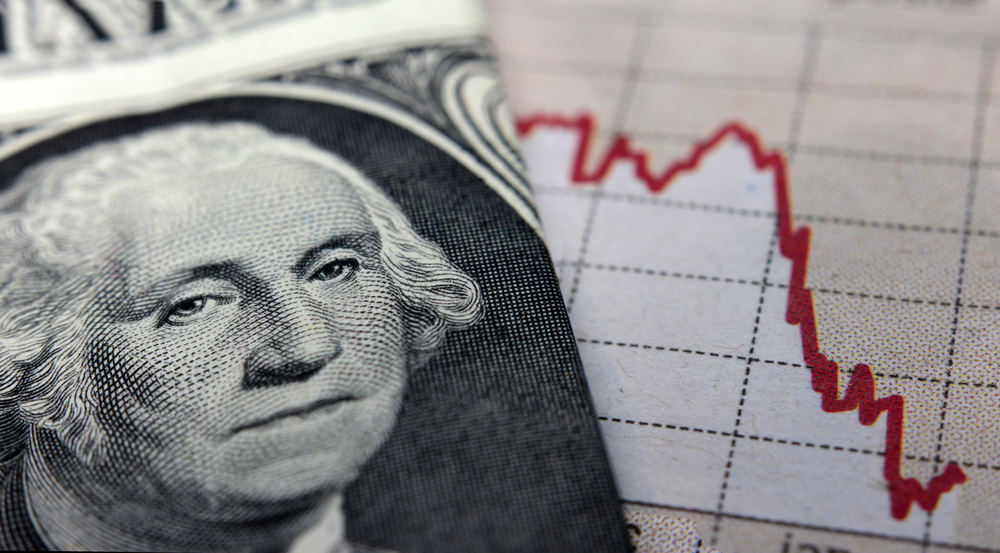
Institutional investors — often called the “smart money” — are once again scaling back their exposure to U.S. stocks, signaling concerns that the months-long rally may be overextended and ripe for a correction.
Data from the Commodity Futures Trading Commission (CFTC) shows that non-dealer net positioning in S&P 500 futures has dropped to its lowest level in 14 months.
Since November, institutional investors’ net positions in these futures contracts have fallen by approximately 50%.
“The gap between retail and institutional sentiment is widening,” noted The Kobeissi Letter, a market commentary outlet. This divergence comes despite a strong market rebound since early April.
Institutional investors are once again reducing their stock exposure:
undefined The Kobeissi Letter (@KobeissiLetter) June 21, 2025
Non-dealer net positioning in S&P 500 futures has fallen to its lowest level in 14 months, per CFTC data.
Since November 2024, asset managers, leveraged funds, and other investors' net positioning is down… pic.twitter.com/udTN0OsUm9
It’s not the first time this month that dip-buying retail investors are being outpaced by more cautious institutional players. Professional traders have offloaded billions in stocks recently, suggesting they believe the rally has run too far, too fast.
“They take the opportunity to dump stocks as the market bounces,” observed Global Markets Investor, a macro research publication.
In addition to an over-extended rally, economists also warn that the conflict in the Middle East is putting investors through a new stress test.
Iran signals the shutdown of a critical oil route
Following Saturday’s U.S. strikes on three Iranian nuclear sites, Iran’s parliament has approved the closure of the Strait of Hormuz for the first time in over five decades.
The narrow channel in the Persian Gulf carries roughly 20% of the global oil supply, amounting to 20 million barrels per day, according to the Energy Information Administration. This includes roughly 35% of seaborne liquid natural gas.
As The Kobeissi Letter explained, Hormuz sees more oil traffic daily than the Suez and Panama Canals combined.
Given Hormuz’s geostrategic location, its blockage “would result in near-certain military action” by the United States and its allies, the commentator noted.
Economists warn that market turbulence may soon return, as early movements in global futures markets suggest rising uncertainty.
In a recent note, analysts at Goldman Sachs projected “much higher oil prices” in the coming months, noting that “oil shipping rates have increased over the past week as increased risks have lifted rates for Middle Eastern routes.”
Strategists at Macquarie told Fortune they expect Brent crude — the global oil benchmark — to soon rally toward $80 a barrel.
Oil prices have already climbed nearly 30% since hitting a local low in early May.
The silver lining is that geopolitical turbulence is often short-lived, according to UBS analysts, who noted that markets tend to stabilize in the year following a major conflict.
Your email address will not be published. Required fields are markedmarked